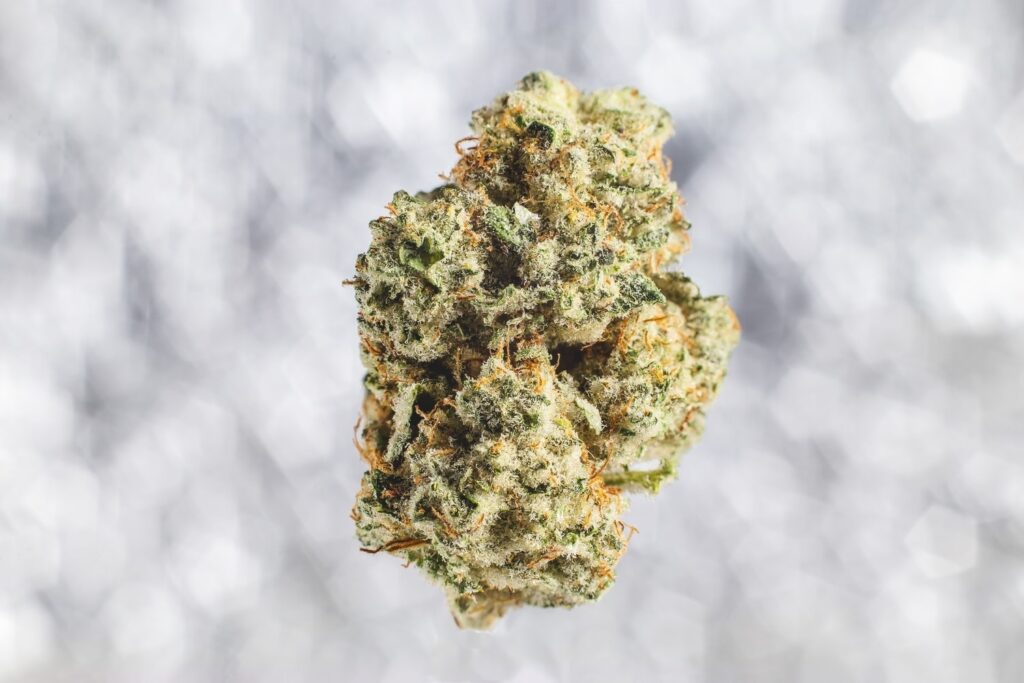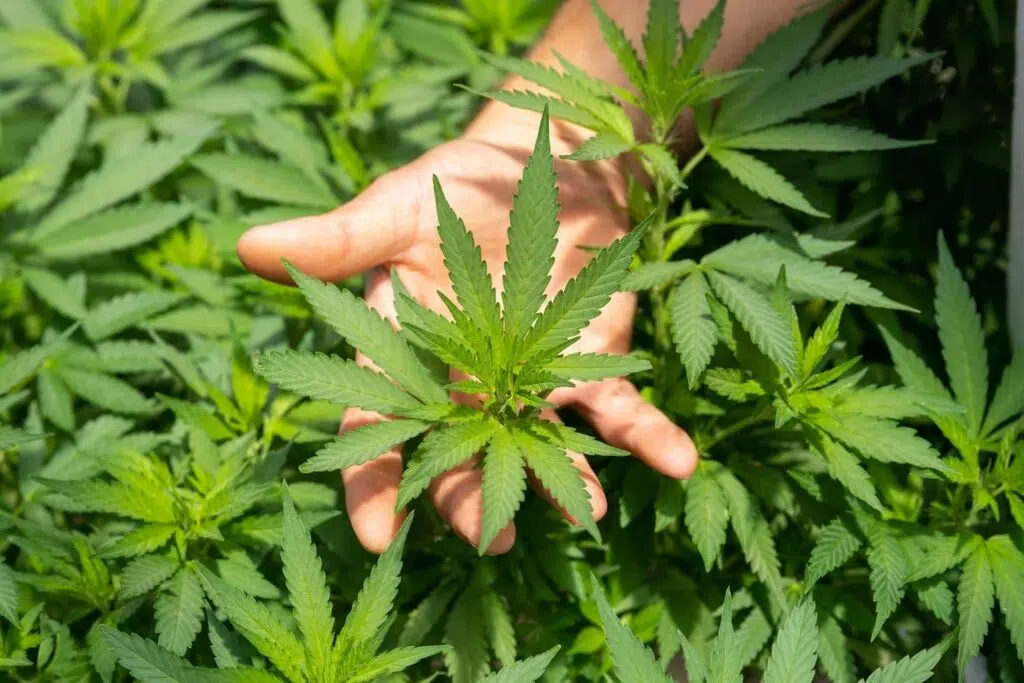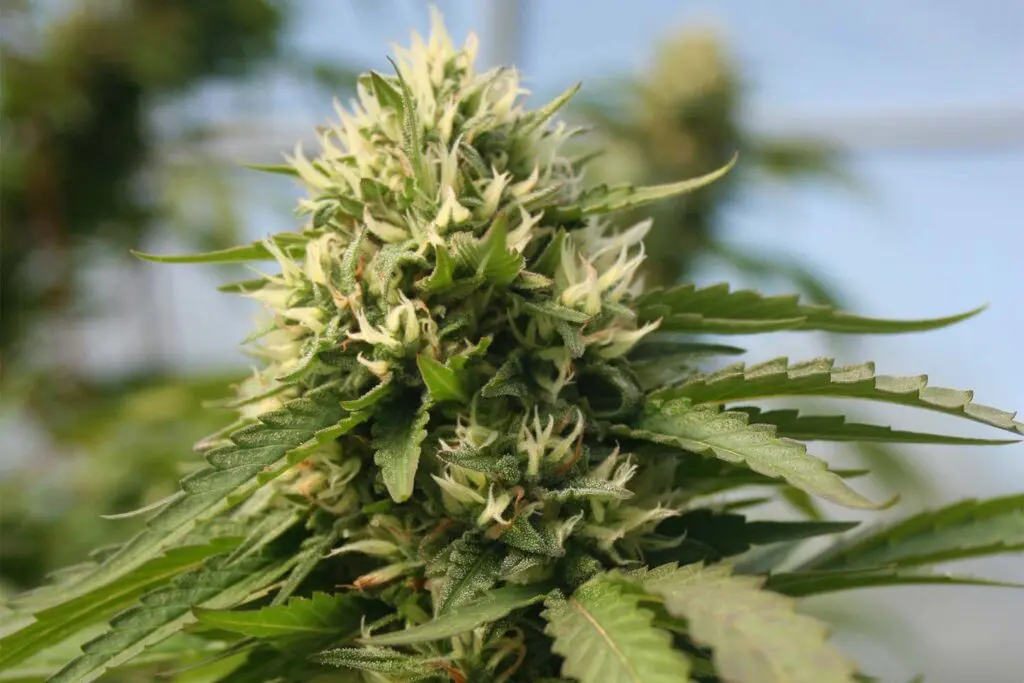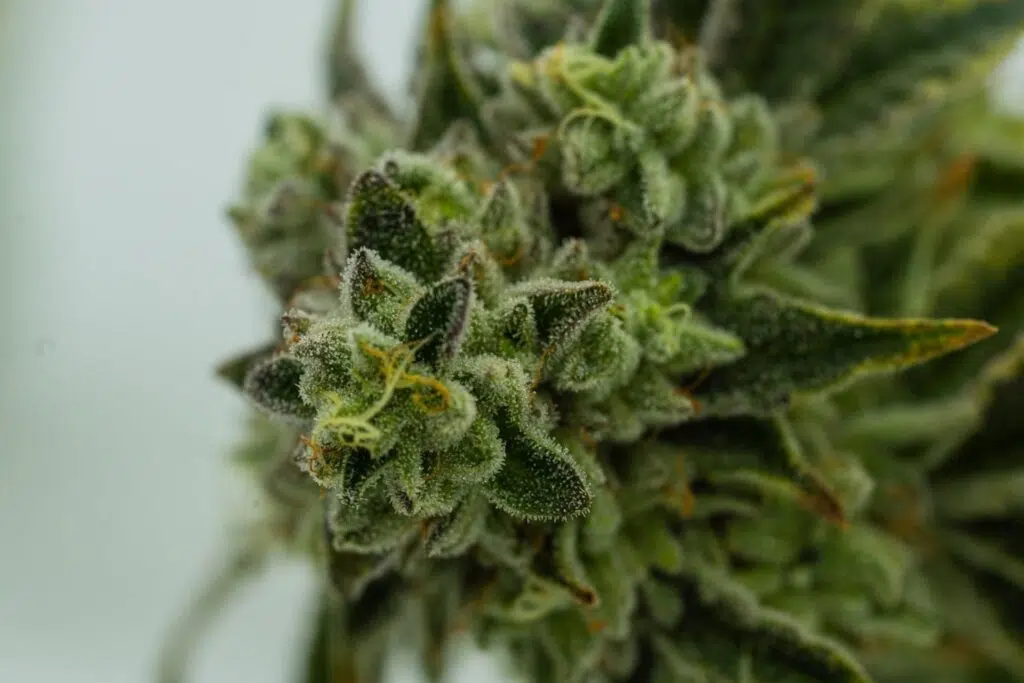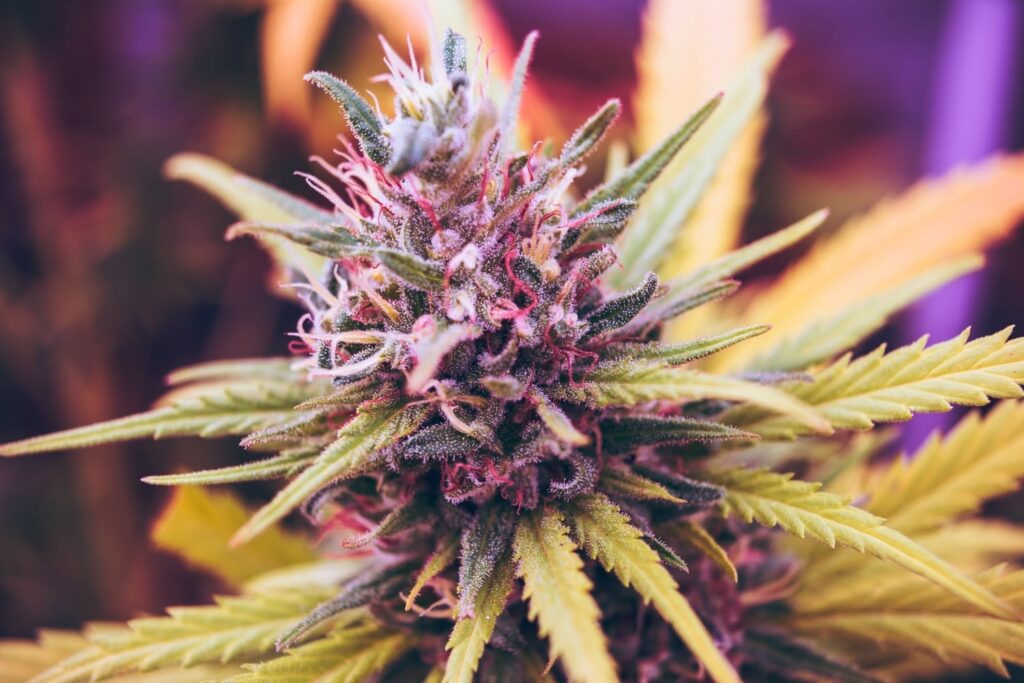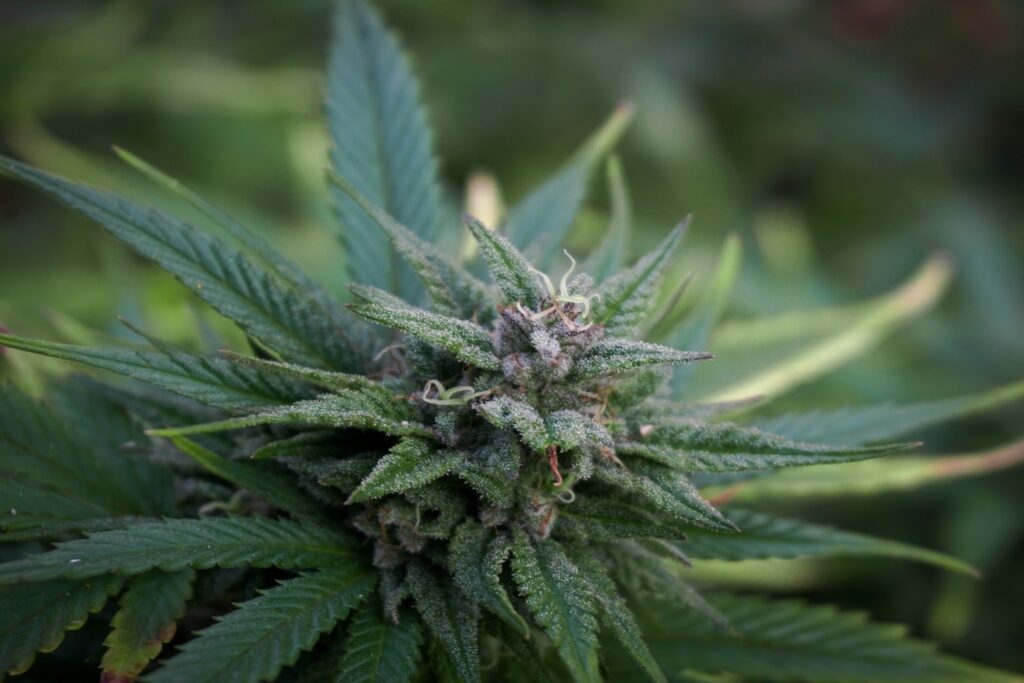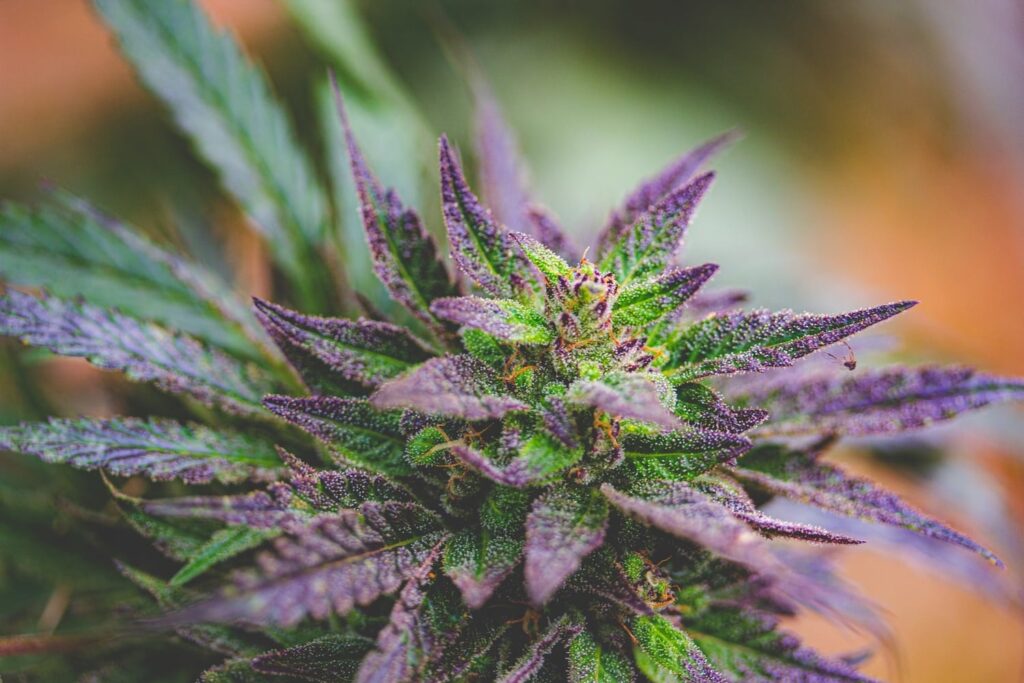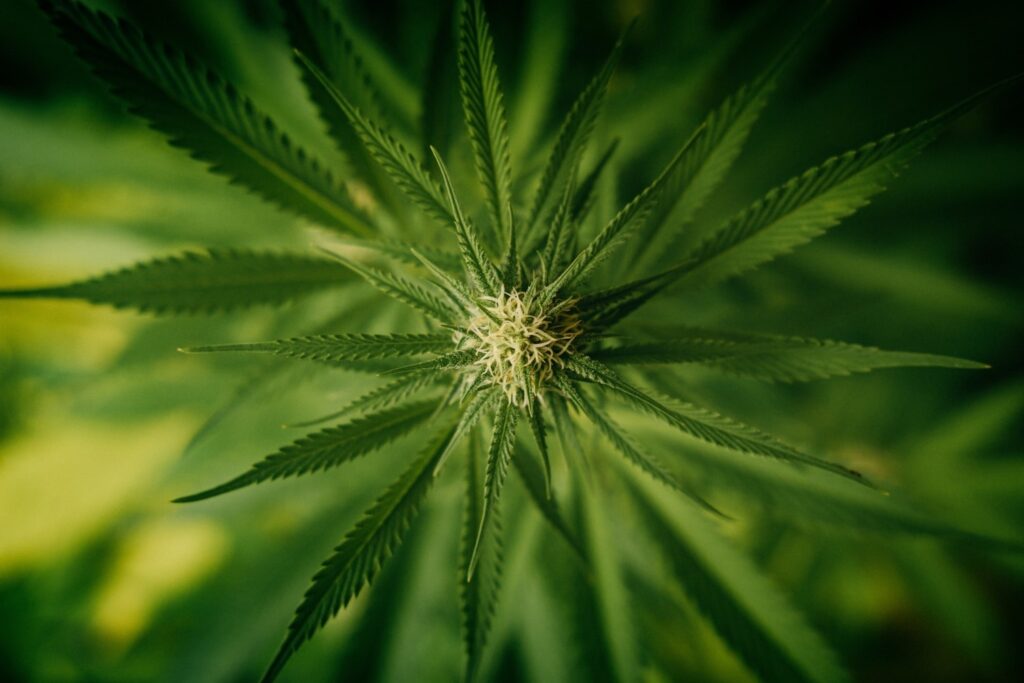US House passes medical marijuana research bill

The U.S. House of Representatives on Wednesday passed a revolutionary bill that would remove barriers and further expand research into medical marijuana.
Feature photo source: Unsplash
The bill facilitates the expansion of research into the cannabis plant. This opens the doors for researchers’ to extensively study marijuana and its effects.
Marijuana in Capitol Hill this week
Marijuana has had significant groundbreaking wins at Capitol Hill this week.
On Friday, the House approved a marijuana legalization bill that essentially removes the plant from the federal Controlled Substances Act. This goes a long way in righting the wrongs in the flawed judicial system.
“It is frankly outrageous that the DEA (Drug Enforcement Administration) has blocked effective cannabis research in this country for so long,” Fox wrote.
The approval of research into clinical marijuana marks the second significant win for cannabis advocates in just a week.
The Medical Marijuana Research Act
A bipartisan group of congressional lawmakers introduced the legislation last year.
US Representatives Andy Harris, MD (R-MD), Earl Blumenauer (D-OR), Zoe Lofgren (D-CA), H Morgan Griffith (R-VA), Debbie Dingell (D-MI), and Rob Bishop (R-UT) were the sponsors of the bill, which was titled the Medical Marijuana Research Act of 2019.
They hoped to accelerate medical cannabis research.
Rep. Earl Blumenauer (D-OR) and prohibitionist Rep. Andy Harris (R-MD) are the lead sponsors of the legislation.
Earl Blumenauer’s arguments for the bill
Oregon Democrat and co-sponsor of the Medical Marijuana Research Act of 2019 Rep. Earl Blumenauer has been very vocal in calling out the federal government for holding back progress where marijuana is concerned.
“The cannabis laws in this country are broken, especially those that deal with research,” Blumenauer said on the House floor prior to the vote. “It’s a narrow bill that fixes one of many broken cannabis laws. And I want to hasten to add that this in no way negates the need to move forward with other areas of legalization… But this is sort of a foundational question. No matter where you are, there’s no reason the federal government should impede this critical research.”
Lawmakers pass the medical research bill
Lawmakers at Capitol Hill passed the bill dubbed HR 3797 in a voice vote.
Saphira Galoob, executive director of the National Cannabis Roundtable, said in a statement: “Today’s vote is another win for the patients and the cannabis industry as we continue to build momentum for comprehensive reform.”
“These common-sense regulatory changes are necessary and long overdue. The DEA has proven time and time again that it is not an honest broker when it comes to overseeing the cultivation of research-grade cannabis,” NORML Deputy Director Paul Armentano said.
“The reality that most high-schoolers have easier access to cannabis than do our nation’s top scientists is the height of absurdity and an indictment of the current system.”
Relevance of the marijuana research bill
If you’re wondering what the relevance of such a bill is in the face of potentially federal level legal cannabis, here’s the breakdown.
Firstly, the registration process for researchers looking to study cannabis would be less burdensome. It would make it easier on all fronts including costs and the approval periods incurred. The approval process is currently plagued by unnecessary layers of protocol review.
Secondly, certified scientists would have access to research-grade cannabis from private manufacturers. This is important in bridging the gap between the cannabis available in state authorized facilities and that on the commercial market.
According to lawmakers, marijuana produced at the only existing federally authorized facility at the University of Mississippi is chemically closer to hemp and of less quality.
“Unfortunately, that [federally produced] marijuana is chemically distinct from what is commercially available from state-legal dispensaries such as in my home state of Oregon,” Rep. Greg Walden (R-OR), the ranking member on the Energy and Commerce Committee, said. “What does that mean? Well, it means that we have little to no data on the actual health impacts of products in states that have legalized cannabis for medical or recreational use.”
Thirdly, the bill would permit private manufacturing and distribution of cannabis solely for research purposes.
New growers would now have access to licenses from The Drug Enforcement Administration (DEA).
The bill also removes the limits imposed on the number of additional entities that can be registered to cultivate marijuana for research purposes.
Overall, it allows scientists to access cannabis and its parts that are exclusively grown in state programs and state-legal dispensaries.

